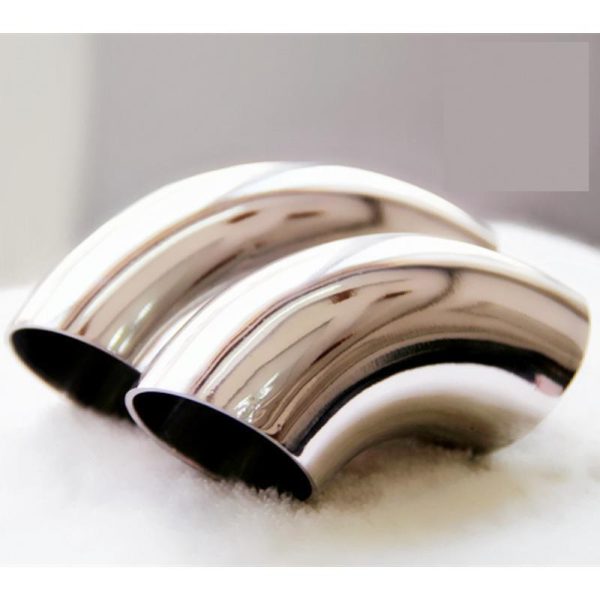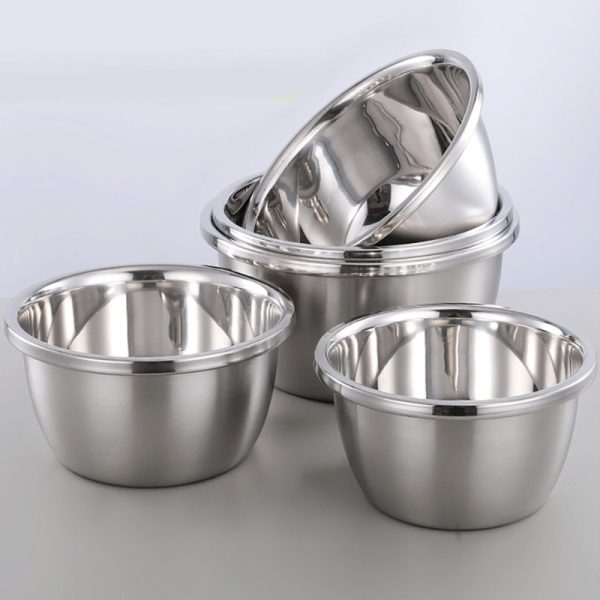Our Location

Metal polishing has several advantages in Sheet metal fabrication, such as emphasizing shapes, designs, and features.
Polishing metal, such as titanium, has advantages beyond just enhancing its appearance. Polished metals are more durable and maintain their good looks for longer than unpolished metals. The abrasive process in polishing helps prevent contamination and oxidation on the metal surface. It creates a protective layer that is reflective and reduces wear and tear, as well as corrosion.
Machined Metal parts do not automatically have a smooth and attractive surface. The polishing machine’s abrasive wheels smooth the machined components’ rough surfaces. The process eliminates scratches or imperfections on the metal part’s surface, resulting in a smooth and shiny finish.
The highly reflective surface of polished metal parts makes them ideal for architecture, jewelry, and decor.
Proper metal polishing techniques provide a suitable finish for your parts, which helps to prevent the growth of bacteria and germs that could harm and worsen the surface. Additionally, well-polished metal components have smooth surfaces that are easy to clean and maintain, resulting in increased efficiency and reduced cleaning time. It also means a decrease in harmful chemicals when cleaning the metal surface, as some substances can accelerate the wear and corrosion of metal parts.
Metal polishing enhances the functionality of metal components in precision instruments and machinery. It eliminates surface imperfections, achieves a smooth finish, and reduces friction, improving performance and conductivity.

Fine Finish – It creates a smooth surface.
Brushed Satin Finish: Fine polishing lines that run in a single direction.
Grain Finish – The final surface of a course has a uniform rough finish.
Mirror Finish: All surface defects are removed, creating a bright finish with a clear reflection. The metal type determines the required buffing and coloring.
Smooth and Buffed Finish: A typical chrome plating finish has a bright, shiny appearance but may have imperfections.

1. To prevent overheating, use fast-cutting pastes and avoid prolonged rubbing. For uniform roughness, use abrasive discs with polyester films. Use a reliable wax polish to preserve polished metal. Ensure the abrasive material is clear and tight enough.
2. It’s essential to use a separate polishing buffing wheel for each color of the polishing compound.
3. It is important to avoid combining various polishing compounds on one polishing buffing wheel.
4. For the protection of shiny objects, it is recommended to use a high-quality wax polish.
5. To eliminate black grease stains, use a gentle and dry microfiber cloth.
6. Apply the polishing compound in small amounts and frequently.
7.When removing marks or scratches, try to polish them rather than along them.
8. Remember to wear the proper safety equipment.

Metal polishing involves removing imperfections like scratches and marks, resulting in a shiny and reflective surface.
To polish metal components, the buffing wheel is the go-to tool. Simply apply the polishing compound onto the spinning buffing wheel using an industrial motor polisher or handheld rotary drill.
Enze Metal Polish suits all flat metal surfaces, including Copper, Brass, Silver, Gold, Stainless Steel, Aluminium, Nickel, Titanium, Tin, Platinum, Zinc, Chrome, and more.
Polishing creates a shiny surface with a less coarse abrasive, while buffing uses a compound to remove marks and scratches and is more intense. Choose based on desired outcome.
To achieve a high shine, use a high-quality microfiber cloth such as Dirty Deeds and work the product by hand for a longer time.
Manufacturers often polish metal products to prevent contamination, improve appearance, achieve reflection, and resist corrosion.
Contact us at admin@enze-mfg.com to get a fast offer.

